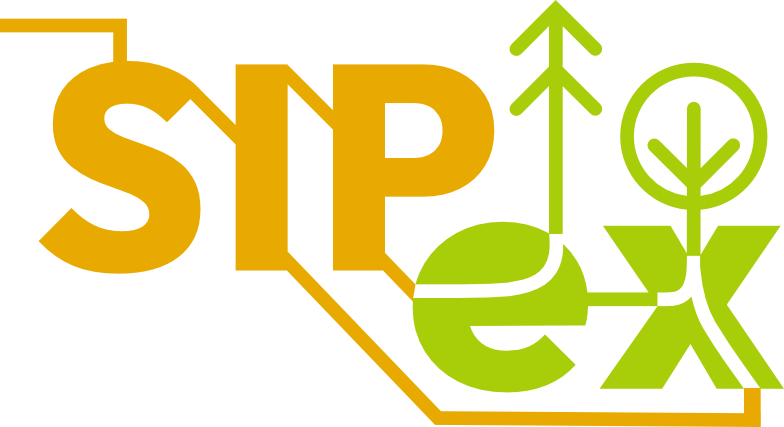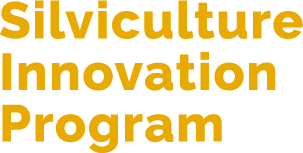-
The Role of First Nations Guardians in Wildfire Response and Management - A Proposed National Strategy
This document explores the critical and expanded role of First Nations Guardians in Canada's wildfire response and management efforts. The document argues that Indigenous-led conservation and stewardship, particularly through the growing Guardians mo...This document explores the critical and expanded role of First Nations Guardians in Canada's wildfire response and management efforts. The document argues that Indigenous-led conservation and stewardship, particularly through the growing Guardians movement, offers a powerful model for addressing both environmental challenges and reconciliation. The strategy addresses systemic challenges like climate change, the disproportionate impact of fires on Indigenous communities, and current barriers to First Nations participation in fire management, emphasizing the need to integrate Indigenous knowledge and science with Western practices. The doucment outlines a three-pronged approach for Guardians to contribute to emergency response, fire and forest management, and knowledge and science, emphasizing the need for sustained funding, training, and meaningful partnerships with Crown agencies to realize this vision. -
Out of the Ashes Ecological Resilience to Extreme Wildfires Prescribed Burns and Indigenous Burning in Ecosystems
This paper investigates the differential ecological impacts of an extreme 2017 wildfire versus ongoing prescribed burns in Waterton Lakes National Park, AB. The core objective is to understand how reintroducing historical land-use processes, particul...This paper investigates the differential ecological impacts of an extreme 2017 wildfire versus ongoing prescribed burns in Waterton Lakes National Park, AB. The core objective is to understand how reintroducing historical land-use processes, particularly through Traditional Ecological Knowledge, can enhance ecosystem resilience against modern stressors like climate change and invasive species. The study focuses on the Kenow wildfire's high-severity effects on a native-grass prairie compared to lower-severity prescribed burns, suggesting that while prescribed burning is beneficial, incorporating the full historical eco-cultural context, including the role of free-ranging bison and late-season Indigenous burning practices, is crucial for effective ecological restoration. The authors conclude that extreme disturbance is not necessarily catastrophic and that combining TEK with adaptive co-management can create landscapes more resilient to pervasive change. -
The Right to Burn Barriers and Opportunities for Indigenous-Led Fire Stewardship in Canada
This paper examines the critical role of cultural burning practiced by Indigenous Peoples in managing ecosystems and reducing wildfire risks. Despite its ecological benefits and long history, the paper highlights significant barriers hindering the re...This paper examines the critical role of cultural burning practiced by Indigenous Peoples in managing ecosystems and reducing wildfire risks. Despite its ecological benefits and long history, the paper highlights significant barriers hindering the resurgence of Indigenous fire stewardship, including legal and governance obstacles, lack of access to training and accreditation, liability and insurance issues, and insufficient resources. The authors argue for the necessity of decolonizing wildfire management by recognizing Indigenous knowledge systems, respecting Indigenous governance, and creating pathways for Indigenous-led fire stewardship to ensure more effective and socially just coexistence with fire in Canada. The paper calls for concrete actions to support and empower Indigenous communities in leading fire management on their territories.


